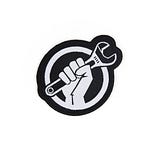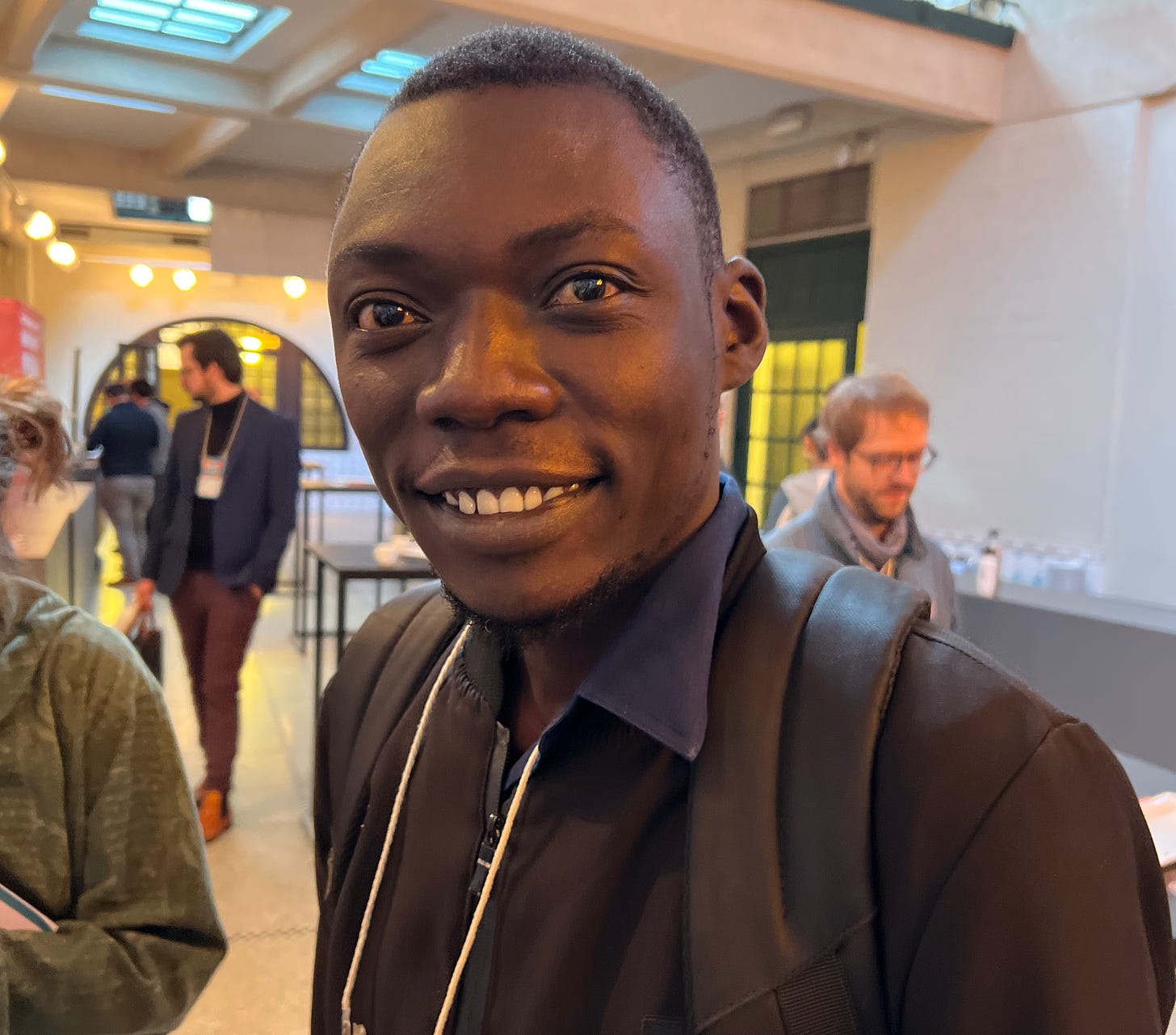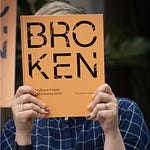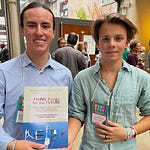As residents of the “first world,” it’s easy to think of the fight for repair in “first world” terms - focusing on the impact of our throw away culture on the environment, about market concentration and the rights of consumers versus big business. But - as with many of the ills of our globalized economy - the burden of our throwaway culture is felt acutely by those at the bottom of the economic food chain: poor communities in developing countries that lack the resources and wealth to step over the mountains of waste or insulate themselves from poorly made, unreliable goods.
For these communities, throw-away and un-repairable goods impose a significant cost, while repair can be an economic lifeline: extending the useful life of things, keeping toxic materials out of local waste streams and easing the financial burden on struggling communities.
Our guest for this week’s What the Fix Podcast knows this first hand. Matthew Lubari is the Director of Community Creativity 4 Development (CC4D), a community-based repair organization that Matthew founded in the Rhino Camp Refugee Settlement, Arua, Uganda,
In this conversation, recorded at FixFest in Brussels last week, Matthew talks about what repair looks like in a UN refugee camp and about the high cost imposed on the world’s poorest people by the tsunami of cheap electronics and other goods.














Share this post